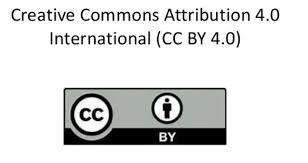Women Empowerment through Climate-Smart Agriculture in Southwest Region of Bangladesh
DOI:
https://doi.org/10.47440/JAFE.2024.5208Keywords:
Climate-smart Agriculture (CSA), Women empowerment, Adaptation Strategies, Coastal FarmingAbstract
This study examines the adaptation practices of women farmers in the southwest region of Bangladesh, who received land assistance from the World Bank after being displaced due to cyclone Aila. For the study qualitative research approach was adopted, 12 women farmers were selected purposively residing in Kamarkhola Union of Dacope Upazila under Khulna district and in-depth interviews (IDIs) ,4 key informant interviews (KIIs) were done with local climate-smart agriculture (CSA) experts. The study identifies various CSA techniques like cultivating salt-tolerant crops, using eco-friendly fertilizers, and managing fish farms with identifying its role on women empowerment. The study reveals that CSA enables the majority of women work in agriculture sector becoming financially solvent, and contribute to the decision making process in the family and community. It also shows that CSA practices help to enhance their natural, physical, and human capital but identifies some challenges, such as training mismanagement, information gaps, family responsibilities, transportation issues, financial constraints, and market linkages that need to be addressed by the related government sector and non-government organizations (NGOs). The research also suggests that providing high-quality resources and financial aid can improve the benefits of CSA for women in the region. Above all, it contributes to the literature on CSA and women empowerment; and provides insights for further research and projects on the topic.






 Publisher:
Publisher: 